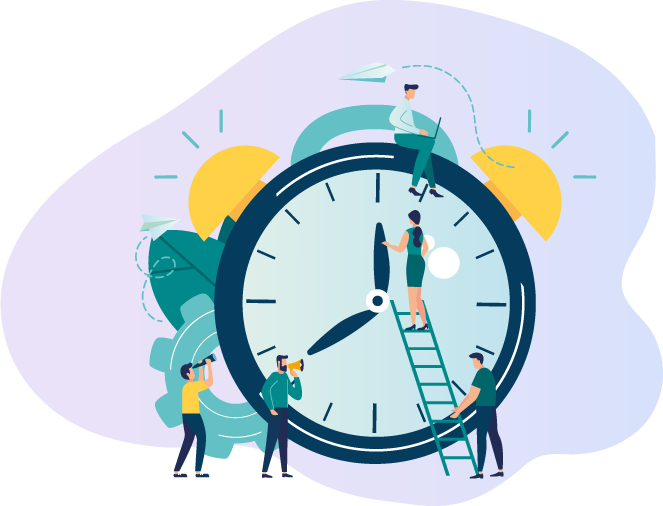Who's a Forensic Scientist?
What will you do?
Discover your Ideal future
Get expert guidance and mentorship towards your perfect fit.
Where will you work?
How do you get there?
What skills would you need?
How do you make it to the top ranks?
Intern
You will be tasked with shadowing other forensic scientists. You will also be able to gain a lot of practical knowledge
Junior Scientist
You will be working with the most basic analyses. Your work will involve following protocols that have been set by the seniors.
Mid-level Scientist
You will be working with all the analyses that will go through the lab. You can also set new protocols for the juniors to follow with a senior’s approval.
High-level Scientist
You are the one who oversees everything in the lab. You will be in charge of training new people and will also have certain administrative roles.
How much would you get paid?
What are your career options?
Discover your Ideal future
Get expert guidance and mentorship towards your perfect fit.










